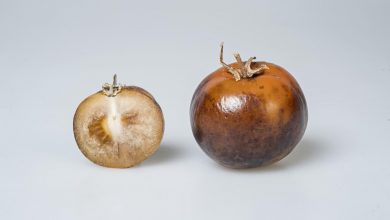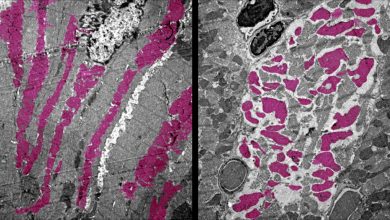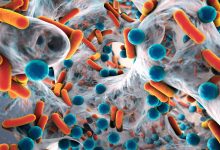
Yes, it is true!!
A new study done by the researchers of Michigan University have found that a substance called triclosan which is present in toothpaste can fight disease like cystic fibrosis when this substance is combined with already approved FDA drug.
Triclosan inhibits the growth of bacteria which when combined with tobramycin, an antibiotic leads to the destruction of cells protecting CF bacteria as Pseudomonas aeruginosa.
Cystic fibrosis (CF) is a genetic disorder mostly occurring in lungs which leads to the formation of thick mucus layer in lung attracting bacteria.
These CF bacteria cannot be killed because they form a protective slime layer around them known as biofilm which does not let antibiotic to interact with bacteria.
“The problem that we’re really tackling is finding ways to kill these biofilms,” said Chris Waters, lead author of the study and a microbiology professor.
These biofilm infections like an ear infection, painful gums are caused by gingivitis and other fatal diseases were included in CF like endocarditis, or inflammation of the heart, as well as infections from artificial hip and pacemaker implants.
In the research laboratory, researchers grew 6,000 biofilms in petri dishes and after that added in tobramycin along with many different compounds, to see what worked better at killing the bacteria. Twenty-five potential compounds were effective, but one stood out.
“It’s well known that triclosan, when used by itself, isn’t effective at killing Pseudomonas aeruginosa,” Hunt said, a post-doctoral associate of microbiology and molecular genetics. “But when I saw it listed as a possible compound to use with tobramycin, I was intrigued. We found triclosan was the one that worked every time.”
Recently FDA administered the limit of using its use to avoid creating resistance to a substance as it is found in numerous products like soaps, make-up, and other commercial products because of its antibacterial properties which increases the chances of development of antibiotic resistance.
Currently, the most generally used treatment for CF is Tobramycin but it typically doesn’t clear the lungs of infection, Waters said. Patients typically inhale the drug, yet find themselves chronically infected their whole lives, eventually needing a lung transplant.
“Most transplants aren’t a viable option though for these patients and those who do have a transplant see a 50 percent failure rate within five years,” he said. “The other issue is that tobramycin can be toxic itself.”
Known side effects from the drug include kidney toxicity and hearing loss. “Our triclosan finding gives doctors another potential option and allows them to use significantly less of the tobramycin in treatment, potentially reducing its use by 100 times,” Hunt said.
The next step of this study is to start testing the effectiveness of the combination therapy on mice after that researchers will be heading to human trial.
Within the next year, Waters and his colleagues will begin testing the with hopes of it heading to a human trial soon after since both drugs are already FDA approved.
Just brushing your teeth with toothpaste that has triclosan won’t help to treat lung infections though, Maiden said. “We’re working to get this potential therapy approved so we can provide a new treatment option for CF patients, as well as treat other biofilm infections that are now untreatable. We think this can save lives.”






